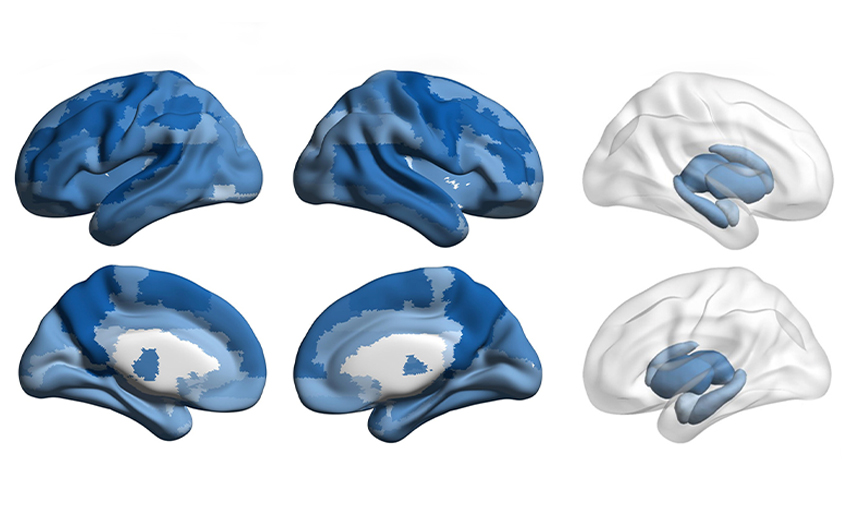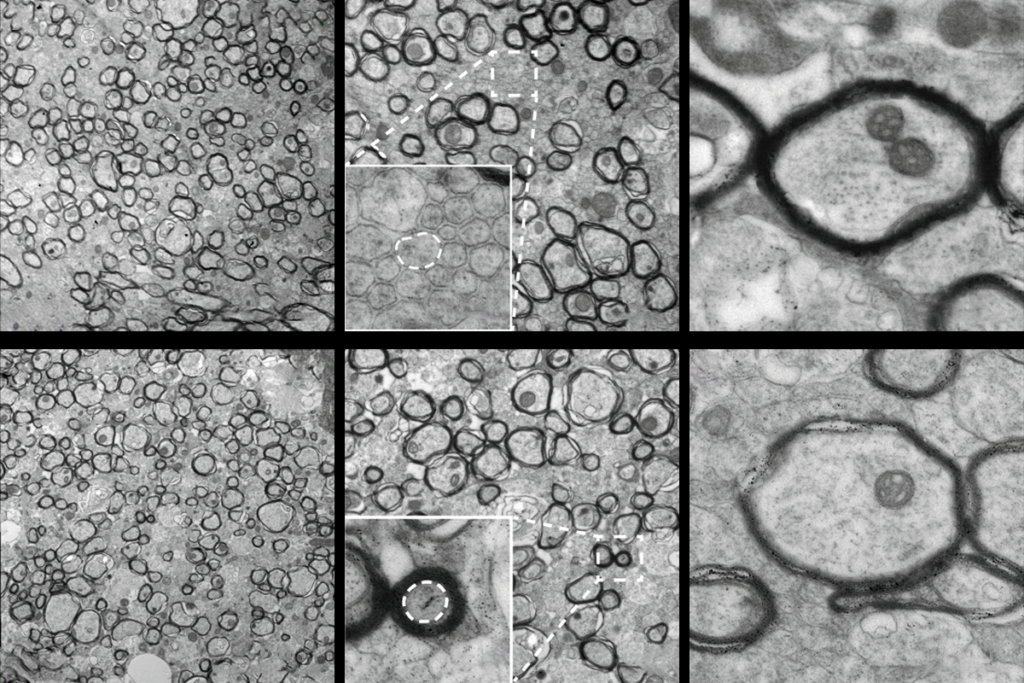Research roundup
- Autistic adults with gastrointestinal issues are more likely than their non-autistic peers to have psychiatric conditions, stress and other health concerns. Autism
- Autism and attention-deficit/hyperactivity disorder receive much more genetic research attention than do other neurodevelopmental conditions, according to a meta-analysis. Nature Human Behaviour
- Researchers have mapped white-matter tracts and analyzed genetic contributions thereof in 30,810 adults, in an effort to understand variation in the structural connectome and links to neurologic and psychiatric conditions. Science Advances
- Germ cells from young and old male Drosophila have similar levels of de novo mutations, but young flies’ cells remove more mutations during spermatogenesis. Nature Ecology & Evolution
- The same copy number variants can be associated with several neurodevelopmental and psychiatric conditions and can have different effects in different people, according to a review. Molecular Psychiatry
- Many genes that contribute to sleep difficulties and neurodevelopmental conditions are linked to synaptic function in cannabinoid, serotonergic and GABA-ergic pathways. Journal of Neuroscience Research
 Heritable pathways: Genetic variants influence white-matter structures, which connect brain regions.
Heritable pathways: Genetic variants influence white-matter structures, which connect brain regions. - Human-specific factors that regulate cortical development are linked to neurodevelopmental conditions. Nature Reviews Neuroscience
- All of the elements of alexithymia assessed by the Perth Alexithymia Questionnaire are elevated, on average, in autistic people, according to a small study. Spectrum reported on how alexithymia may confound research on emotion processing in autism. Australian Psychologist
Science and society
- New clinical guidelines for the diagnosis and treatment of autism in Australia provide families with a road map for seeking appropriate care. Spectrum reported on the draft guidelines last year. The Conversation
- The U.S. National Institutes of Health is seeking information about the state of postdoctoral training in the biomedical research community; responses are due by 14 April 2023. nih.gov
- According to former scientists at Genentech, an internal review there found falsified data in a 2009 paper about Alzheimer’s — on which the lead author was Marc Tessier-Lavigne, president of Stanford University and a former top executive at the biotech firm. The Stanford Daily
- A University of Virginia study is enrolling participants — babies up to 4 months old — in a study to assess potential epigenetic biomarkers for autism. 13 News Now
- Autistic people have created their own short films to describe how they see the world, as part of a new two-episode documentary called “Inside Our Autistic Minds,” streaming on BBC TV. The Guardian
- Variability from unknown sources often occurs in laboratory mice — despite efforts to control for environmental and genetic factors — leading some researchers to seek more “natural” breeding and living conditions. The New Yorker




